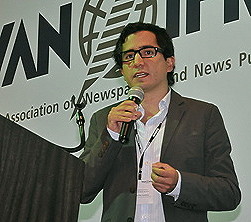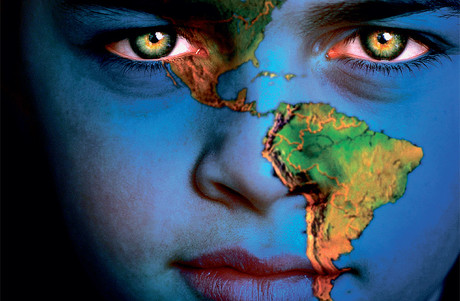No censorship means no prohibitions on specific content, no prior restraint on publication, no one saying what the media can and cannot talk about, and no threat of enormous fines or jail sentences.
"Censorship is expressed as the influence of the state in the content of the media," says Carlos Cortes Castillo, the former Executive Director of the Foundation for Press Freedom in Colombia. "In this context, it is not a trend in the region, but I believe we can see elements in some countries that make us think it is a strategy that some governments follow."
Mr Cortes cited laws in Bolivia, Ecuador, Venezuela and Argentina as problematic examples – vague laws that potentially can be used to censor the press.
In some cases, the laws may be written for a good purpose – against racism and discrimination, for example. In Bolivia, such a law requires the press to support the dignity of everyone. But violations could lead to heavy fines and closures. Another example is a law in Argentina designed to protect children from obscenity and can lead to canceled broadcast licenses for violations. In Venezuela, it is a "social responsibility" law.
"These laws have a chilling effect," says Mr Cortes. "Some say that these will never end with a fine or a sentence, but it has an impact. We have a growing threat that the government might use it at any time."





